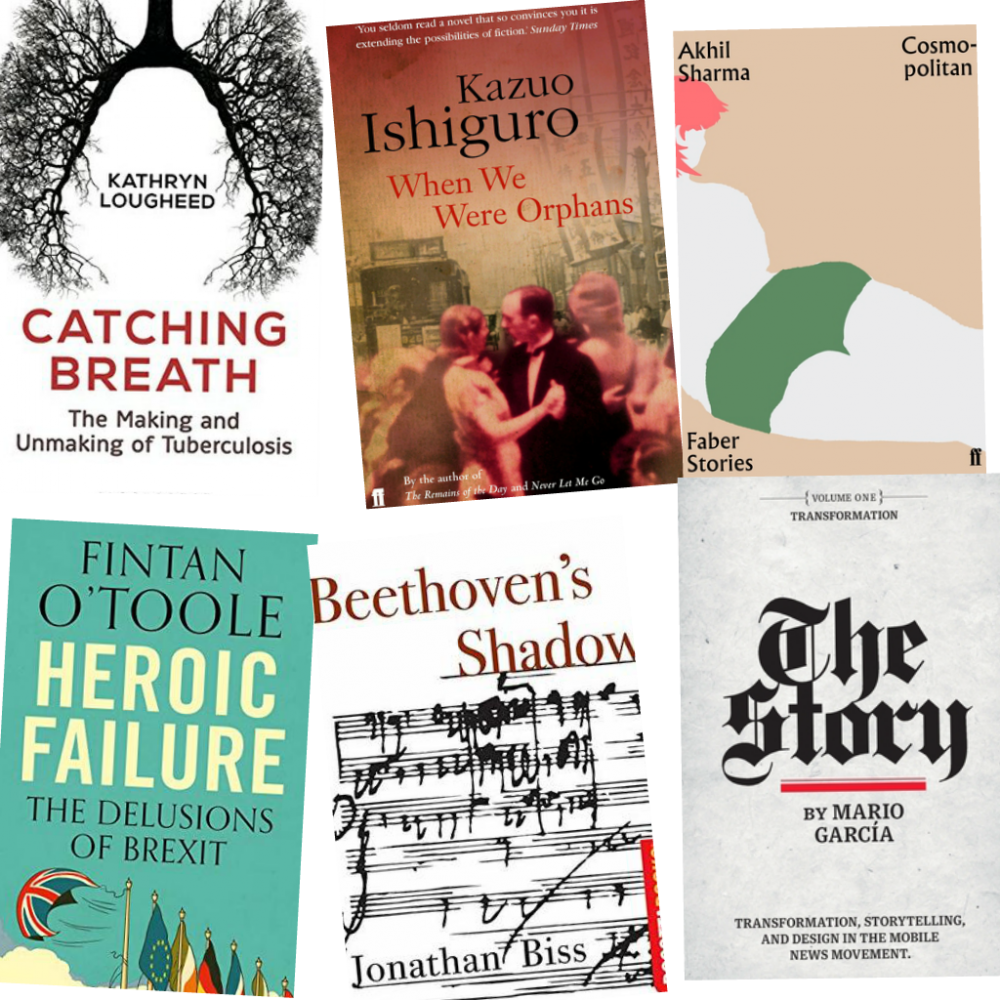Fixing things when everything’s broken

Fintan O’Toole is always worth reading, and his latest for The TLS is no exception. I particularly enjoyed this paragraph, which does a great job of summarising the failure of the current Government while setting out the challenge for the next:
Comparatives make Starmer look good, but they also make his task, if he wins, look overwhelming. Income inequality is higher in the UK than in any other large European country, with the exception of Italy. Typical households are 9 per cent poorer than their French counterparts and the poorest households are a staggering 60 per cent poorer than their equivalents in Ireland. Almost a third of young people in the UK are not engaged in any formal education by the age of 18 – compared to just one in five in France and Germany. UK hospitals now have fewer beds than all but one OECD advanced economy. Since 2005 UK companies have invested 20 per cent less than those in the US, France and Germany, placing the UK in the bottom 10 per cent of OECD countries in this category. Since 2008 the UK’s productivity gap with France, Germany and the US respectively has doubled to almost 20 per cent. It is quite possible for an incoming Labour government to do much better than all of this without doing nearly well enough to get the UK back on a par with the countries it used to be able to regard as its peers.
I’ve written many times before about how I could never be a politician, so this is never likely to be a problem for me: but where on earth do you start on sorting out this mess?
The image at the top of this post was generated by DALL·E 3.
This post was filed under: News and Comment, Politics, Fintan O'Toole, The TLS.
